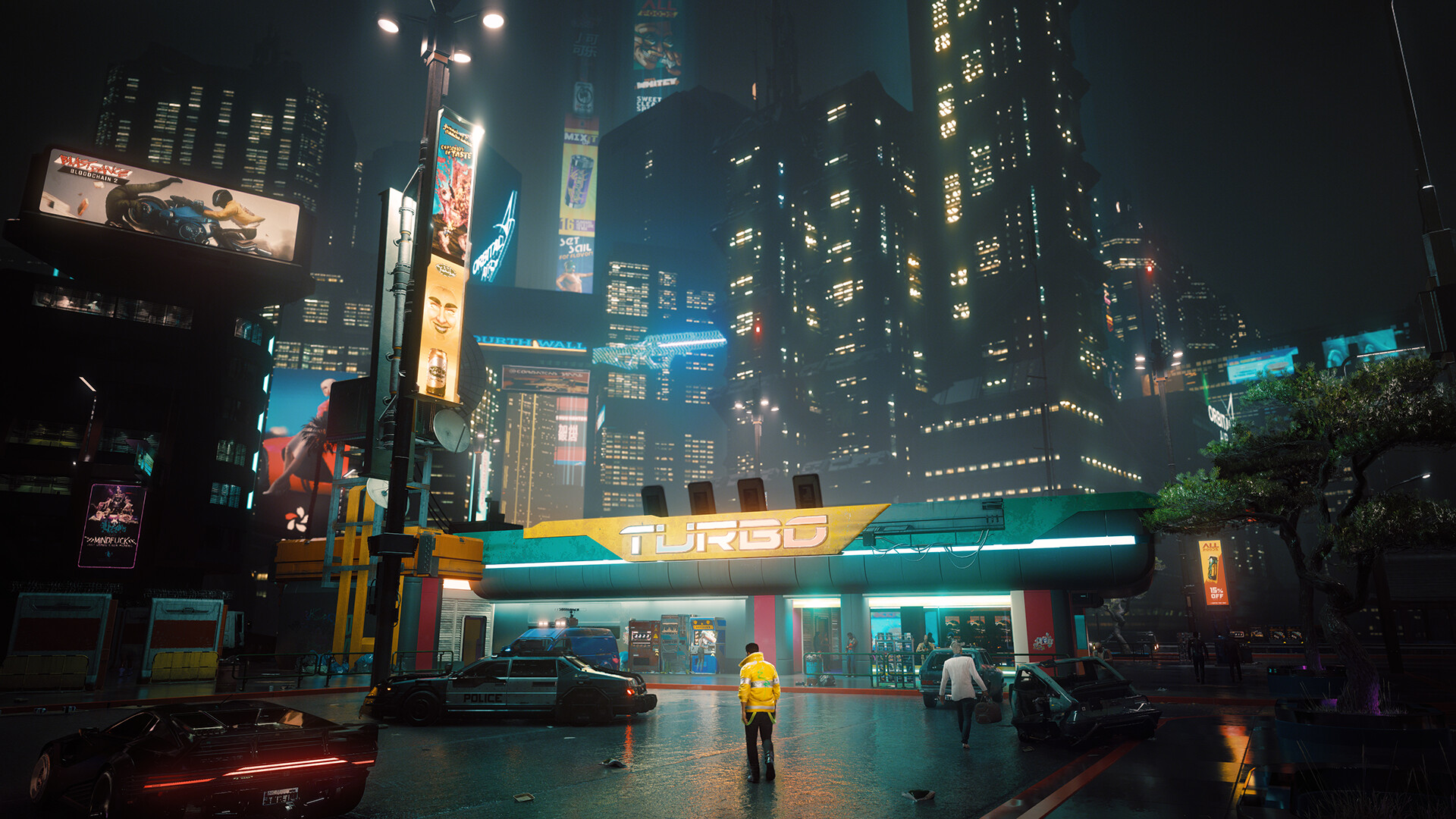Mass Effect 3 Score: The Impact of the Ending Controversy
Introduction
Few games in the history of the medium have sparked as much debate and emotional investment as Mass Effect 3. The final installment of BioWare’s acclaimed sci-fi RPG trilogy was highly anticipated, promising a climactic resolution to Commander Shepard’s war against the Reapers. Yet, upon release, the game became infamous not just for its epic storytelling but for the polarizing reception of its ending. The controversy surrounding Mass Effect 3’s conclusion remains one of the most significant discussions in gaming, influencing how developers approach narrative endings and player agency.
This article examines the impact of Mass Effect 3’s ending controversy, analyzing its immediate backlash, BioWare’s response, and its long-term effects on game design and player expectations.
The Build-Up to the Ending
Mass Effect 3 was marketed as the culmination of player choices across three games. BioWare emphasized that decisions made in Mass Effect and Mass Effect 2 would drastically shape the final conflict. Players invested hundreds of hours crafting their Shepard’s journey, forging alliances, and making morally complex choices. The expectation was that the ending would reflect this depth, offering a personalized conclusion.
For most of the game, Mass Effect 3 delivered. The emotional weight of reuniting with old squadmates, the desperate battles for Earth, and the heart-wrenching sacrifices (such as Mordin’s death on Tuchanka or Thane’s final moments) resonated deeply. However, the final 10 minutes unraveled much of that goodwill.
The Ending Controversy
The original ending of Mass Effect 3 presented players with three choices:
- Destroy the Reapers (at the cost of synthetic life, including the geth and EDI).
- Control the Reapers (Shepard merges with them, becoming a god-like overseer).
- Synthesize organic and synthetic life (creating a new hybrid existence).
Regardless of previous choices, these options were nearly identical in execution, differing only in color (red, blue, or green). The endings also featured abrupt, cryptic cutscenes with little closure for beloved characters. The lack of meaningful variation, combined with plot holes (such as the Normandy’s sudden escape mid-battle), left players feeling betrayed.
Fan Outcry and Criticism
The backlash was immediate and intense. Fans accused BioWare of abandoning the series’ core promise—that choices mattered. Petitions demanding a rewritten ending gained tens of thousands of signatures. Critics and players alike dissected the narrative flaws, pointing out inconsistencies with established lore (such as the sudden introduction of the Catalyst and its questionable logic).

Some defended the ending’s ambiguity, arguing that it encouraged philosophical discussion. However, the majority felt that the execution undermined the trilogy’s emotional payoff.
BioWare’s Response: The Extended Cut
Facing unprecedented criticism, BioWare announced the Extended Cut—a free DLC expanding the endings with additional scenes, dialogue, and epilogue narration. While it didn’t rewrite the endings, it provided much-needed context, clarifying the consequences of each choice and offering glimpses of the galaxy’s future.
The Extended Cut tempered some frustrations but didn’t fully satisfy everyone. Many still believed the fundamental issues remained—choices still funneled into the same three outcomes, and key questions (like the fate of squadmates) were left vague.
Long-Term Impact on Gaming
The Mass Effect 3 ending controversy had lasting repercussions:
1. Player Expectations and Developer Accountability
The backlash demonstrated that players demand meaningful payoff for their investment. Developers now face greater scrutiny over narrative conclusions, with franchises like Cyberpunk 2077 and The Last of Us Part II facing similar debates.
2. The Rise of Post-Launch Revisions
BioWare’s Extended Cut set a precedent for post-release fixes. Games like No Man’s Sky and Final Fantasy XIV followed suit, using updates to address criticism.
3. The Debate Over Artistic Vision vs. Player Agency
The controversy sparked discussions about whether developers should prioritize their creative vision or cater to fan expectations. While some argue endings should remain uncompromised, others believe interactive storytelling necessitates player satisfaction.
4. Influence on Future BioWare Titles
BioWare’s subsequent games (Dragon Age: Inquisition, Anthem, Mass Effect: Andromeda) faced heightened skepticism. The studio has since emphasized player choice in Dragon Age: Dreadwolf, likely learning from ME3’s missteps.
Conclusion
A decade later, Mass Effect 3’s ending remains a cautionary tale in game design. While the Extended Cut softened the blow, the controversy fundamentally changed how players and developers approach narrative conclusions. It underscored the delicate balance between artistic intent and player investment—a lesson the industry continues to grapple with.
For many fans, Mass Effect 3 is still a masterpiece—flawed, but unforgettable. The ending controversy didn’t destroy the trilogy’s legacy; instead, it cemented its place in gaming history as a pivotal moment in storytelling evolution.














